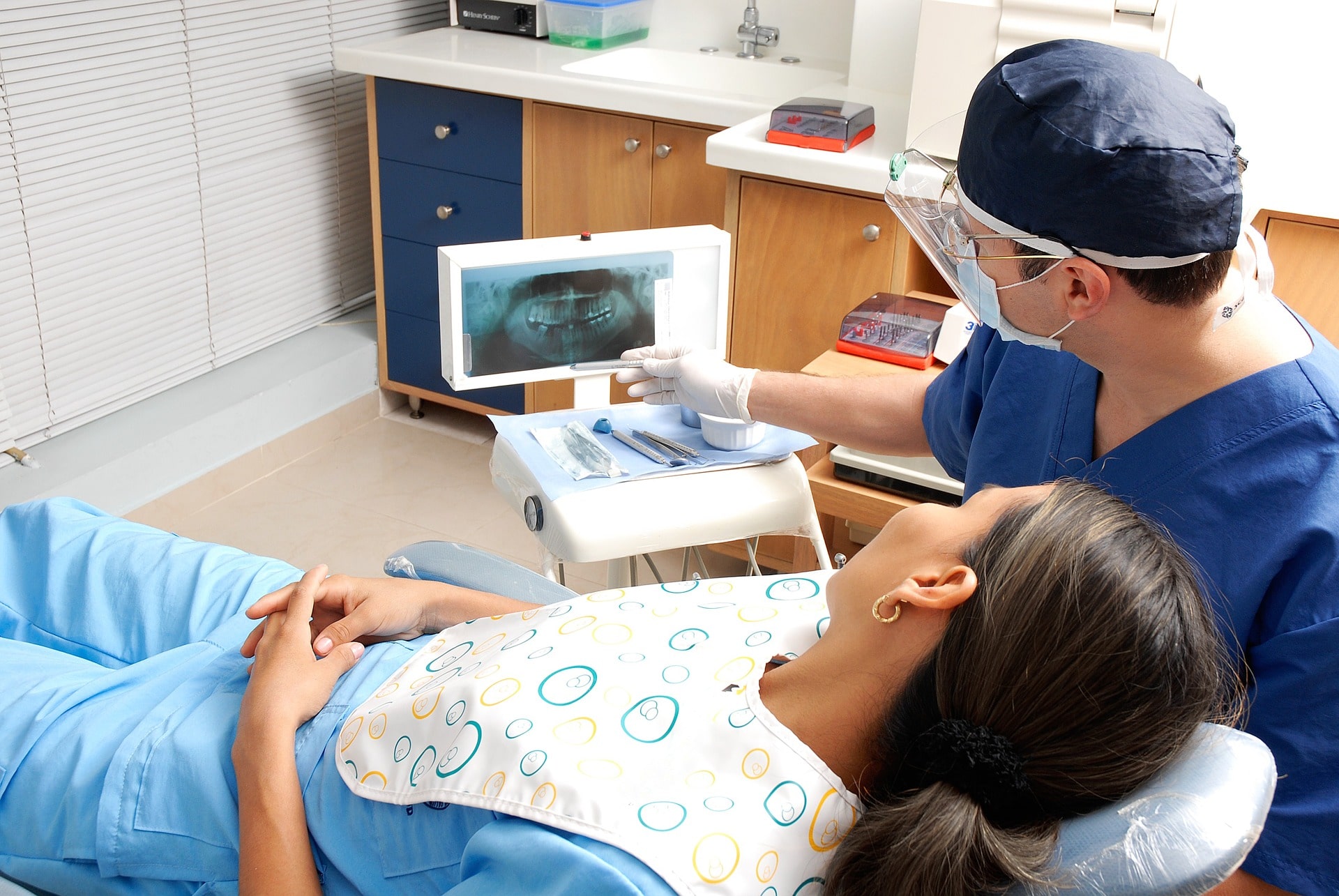
July 17, 2018
6 Types of Dental Practice Agreements

A purchase agreement is just one of the many contracts you’ll enter when buying a dental practice. While the amount of paperwork may seem daunting, it’s important to make sure all aspects are covered so there are no surprises after signing on the dotted line. Here are six types of agreements (and their subsections) you can expect.
Purchase agreement
Asset purchase agreement
In a straight buy-out, it’s important to outline what assets are included in a practice — most notably, the equipment — just like you would when purchasing a house with or without the kitchen appliances.
Stock purchase agreement
When entering into a partnership, all terms and conditions related to the purchase and sale of a company will need to be finalized to protect both the buyer and seller to determine what’s included and what’s not, such as the name of the practice.
Real estate agreement
Upfront purchase
Opening a new practice may mean purchasing a property from the beginning, for which the rights, obligations and liabilities are outlined by both the buyer and seller, including defining the property that is being purchased or sold.
First right of refusal
A real estate agreement upfront will give the first right of refusal to a partner when selling the practice should the doctor decide to sell the building so the buyer is not a tenant.
Lease agreement
If not purchasing the property, a lease agreement will outline the term and scope in regard to whether the buyer will get everything for a flat rate or have to pay for upgrades, such as cosmetic updates, like wood floors.
Employment
When not a straight buy-out, an employment agreement will outline the terms of an associateship before and after the transition, such as how long the seller stays on to work, the terms of payment (day rate, per diem or percentage of collection), and if the practice value is determined before or after the sale.
Operating
In the case of a partnership or merger, laying out how the practice will operate will help determine all the logistics, like who is going to pay for marketing, any staffing conflicts, and whether the doctors will be paid based on collections or a percentage of the practice.
Promissory note
Simply put, this is, in essence, an IOU to determine the terms of which a loan of a certain amount will be paid back, including how much and by when. A promissory note can be held by either or both the buyer and seller, depending on the type of agreement.
Closing statement
This is where both the buyer and seller will dot their I’s and cross their T’s, breaking down all the terms and conditions that need to happen for the purchase and sale to go through, including the timeframe of sale and final asking price.
What’s next?
Contact the experts at Professional Transition Strategies, who will help walk you through the paperwork process.